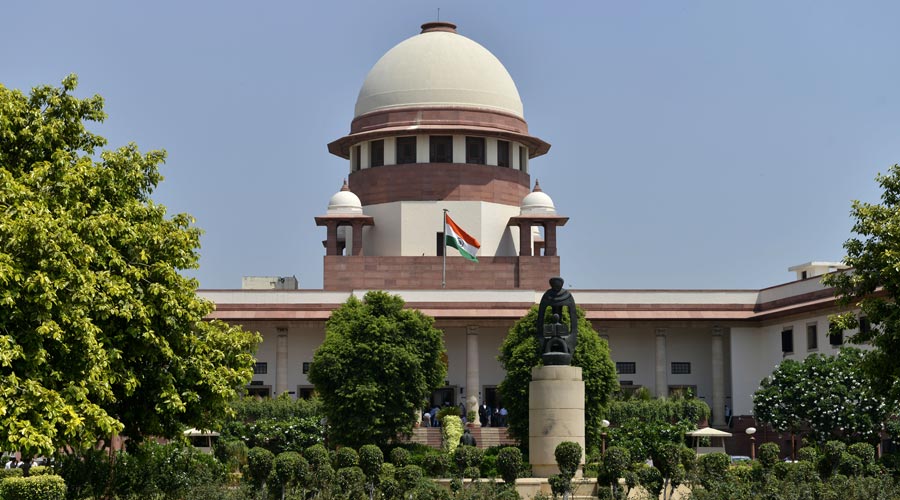The Supreme Court on Friday dismissed the petitions filed by Meta Platforms — the parent company of social media platforms Facebook and WhatsApp — challenging the ongoing probe by the Competition Commission of India (CCI).
A bench of Justice M.R. Shah and Justice Sudhanshu Dhulia in the order stated that it found no reason to interfere with the probe.
Senior advocate Kapil Sibal, appearing for Meta, pleaded that the CCI may either be asked to stay the inquiry or refrain from passing any order since the matter relating to WhatsApp’s privacy policy of 2021 was already referred to a five-judge constitution bench. The bench declined the request.
The bench said the petitioners could approach the CCI for relief, but the court would not interfere with the matter at this juncture.
“... The CCI is an independent authority to consider any violation of the provisions of the Competition Act, 2002. When the CCI having prima facie opined that it is a case of violation of the Competition Act 2002 and when the proceedings are initiated by the CCI, it cannot be said that the initiation of proceedings of the CCI are wholly without jurisdiction.” Justice Shah said.
“The proceedings before the CCI are required to be completed at the earliest. In view of the above, the CCI cannot be restrained from proceeding further with inquiry/investigation for the alleged violations of the Act. All the contentions available to the parties are kept open,” Justice Shah said.
Based on media reports, the CCI had in January last year commenced a suo motu probe into allegations of anti-competitive measures adopted by Facebook, which had acquired WhatsApp.
The competition watchdog felt that there was material to conduct further probe against WhatsApp and Facebook for alleged “excessive data” collection of subscribers, detrimental to the interests of WhatsApp and Facebook users.
WhatsApp had earlier approached Delhi High Court, challenging the probe. A single-judge bench dismissed the plea of the messaging platform.
A two-judge division bench of the high court in August this year refused to interfere with the order of the single judge.











